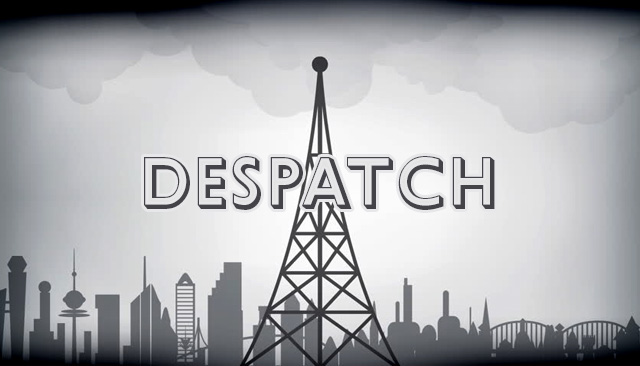When it comes to paying its suppliers on time, the government is making large private enterprise look inefficient, and that’s saying something.
In August, it was revealed here that two multinationals, Kellogg’s and Fonterra, had dragged their payment times for small business suppliers out to an excruciating 120 days.
Many others have pushed out from 30 days to 90 days in recent years. It is bad for the entire economy. To reign in payment terms would enhance the “velocity of money” or the speed of money through the system. For political reform, this one is a no-brainer.
One supplier who wrote to complain about it – and who shall remain nameless, as all suppliers are loath to reap the vengeance of their multinational customers – received this response from Federal Treasury:
“The Government adopts a ‘pay on time or pay interest’ approach to its departmental financial obligations. This means the Government pays all business invoices under $1 million within 30 days, or pays interest. Six consecutive audits of Government payments demonstrate average compliance of 97 per cent.”
What an irony it is that government, notorious for being bloated and inefficient, is superior in this regard than the private enterprise praised for its capital efficiency. Of course, many big companies might not be doing the right thing for their customers or the economy but their stinginess on “procurement” is efficient for their own capital; holding more money for longer earning interest that is, all up many billions a year.
The letter from our contact was originally sent to the Minister for Small Business but was soon answered by Treasury.
In the wake of our last outing on the subject, there was quite an outcry from small business people.
This deliberate strategy to squeeze suppliers, effectively exploiting them as a bank, can have a devastating effect on a small business while reaping relatively small profits for bigger players.
As our latest contact says: “They are paying 90 days from the end of the month so that can mean up to 120 days (before you are paid) but they also find, at the last minute, a reason not to pay you or to delay again.
“It is utterly ridiculous. They give millions of dollars to charity but charity begins at home. We have to pay wages weekly or monthly. If we don’t get paid, we can’t spend”.
Some sectors – the rag-trade for instance – are worse than others such as the supermarket chain and mining. Our latest contact operates in the advertising sector and cited Telstra as another offender.
Telstra though is by no means alone and the longer this procurement cancer is allowed to persist the more big companies will jump on the bandwagon and push out their invoicing terms.
In Europe, things are going the other way. Earlier this month, UK supermarket giant Tesco announced plans to slash payment terms for its small suppliers by half. Its smallest suppliers selling less than £100,000 worth of products in a year will be paid in 14 days.
Woolies … Coles … hello?
Michael West established Michael West Media in 2016 to focus on journalism of high public interest, particularly the rising power of corporations over democracy. West was formerly a journalist and editor with Fairfax newspapers, a columnist for News Corp and even, once, a stockbroker.

